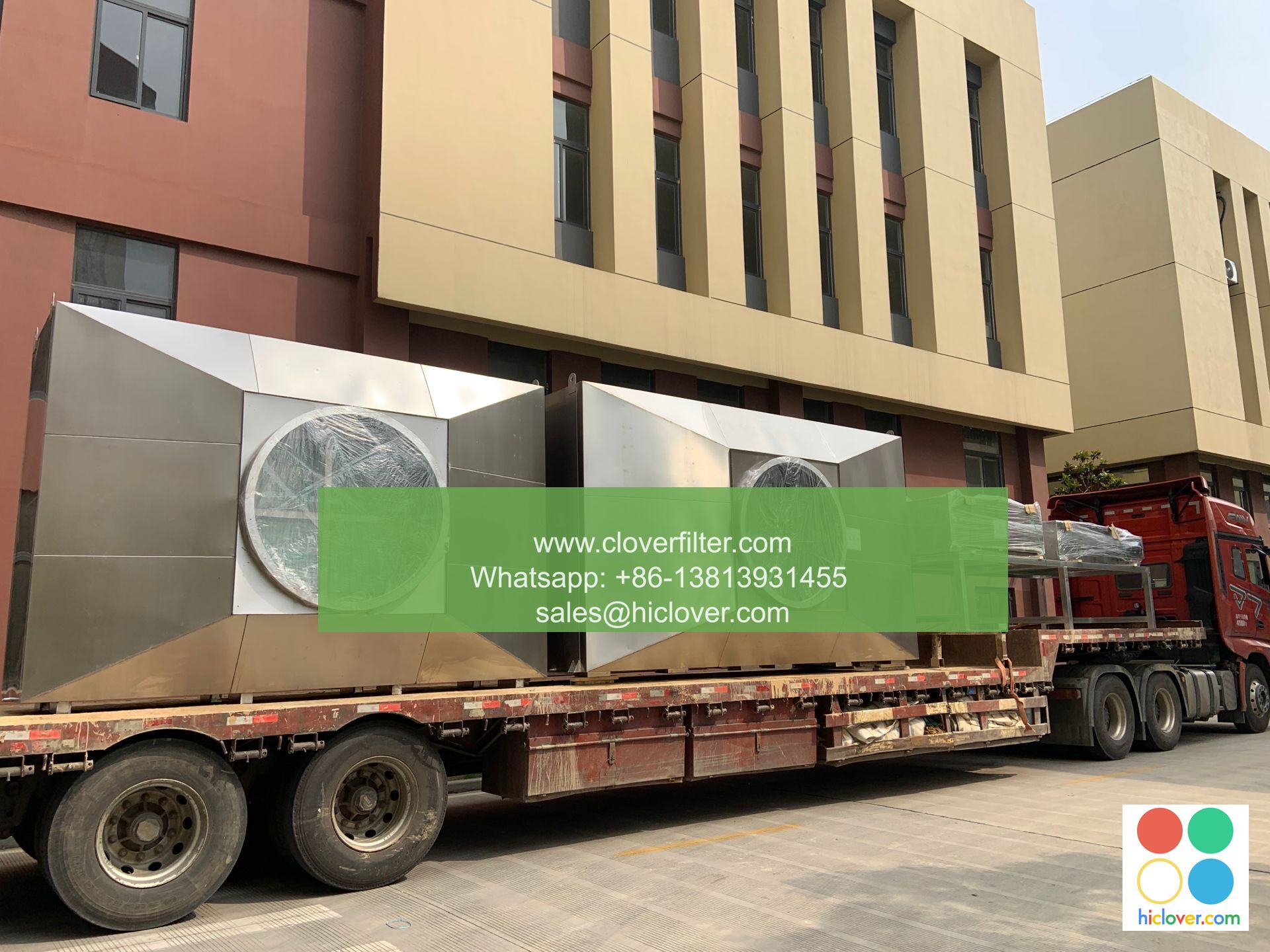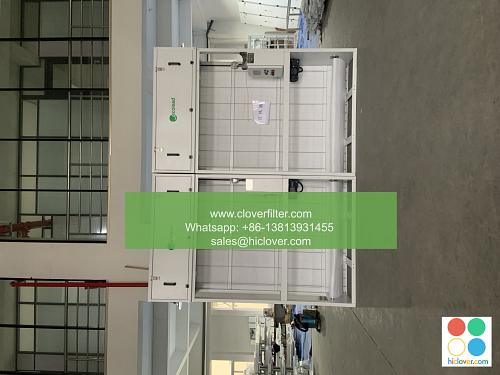A Guide to Choosing the Right Air Filter for Your HVAC System

Choosing the right air filter for your Heating, Ventilation, and Air Conditioning (HVAC) system is crucial for maintaining good indoor air quality, reducing energy consumption, and prolonging the life of your system. With so many types of air filters available in the market, it can be overwhelming to decide which one is best for your needs. In this article, we will guide you through the process of selecting the right air filter for your HVAC system, highlighting various application areas and key considerations.
Understanding the Importance of Air Filters in HVAC Systems
Air filters play a vital role in removing airborne contaminants such as dust, pollen, pet dander, and other pollutants from the air, ensuring that the air circulated throughout your home or building is clean and healthy to breathe. A good air filter can also help to reduce energy consumption by allowing the HVAC system to operate more efficiently, and prevent damage to the system’s components by trapping debris and dust.
Types of Air Filters
There are several types of air filters available, each with its own unique characteristics and application areas. Some of the most common types of air filters include:
* Fiberglass Air Filters: These are the most basic and inexpensive type of air filter, typically used in residential HVAC systems. They are designed to capture large particles such as dust and dirt, but may not be effective against smaller particles like pollen and pet dander.
* Pleated Air Filters: These filters have a pleated design that allows for a larger surface area, making them more effective at capturing smaller particles. They are a good choice for residential and commercial HVAC systems, and are available in a range of MERV (Minimum Efficiency Reporting Value) ratings.
* HEPA (High Efficiency Particulate Air) Filters: These filters are designed to capture 99.97% of particles as small as 0.3 microns, making them ideal for applications where high levels of air purity are required, such as in hospitals, laboratories, and clean rooms.
* Activated Carbon Air Filters: These filters are designed to capture gases and odors, making them a good choice for applications where air purification is a concern, such as in industrial settings or in areas with high levels of pollution.
* Smart Air Filters: These filters are equipped with sensors and WiFi connectivity, allowing you to monitor and control the air quality in your home or building remotely. They are a good choice for residential and commercial HVAC systems, and can be integrated with smart home systems.
Key Considerations for Choosing the Right Air Filter
When choosing an air filter for your HVAC system, there are several key considerations to keep in mind, including:
* MERV Rating: The MERV rating is a measure of the filter’s ability to capture particles, with higher ratings indicating better performance. Choose a filter with a MERV rating that is suitable for your application area.
* Filter Size and Shape: Make sure to choose a filter that is the correct size and shape for your HVAC system.
* Air Flow Rate: Choose a filter that can handle the air flow rate of your HVAC system, taking into account the size of the system and the volume of air it needs to handle.
* Filter Maintenance: Consider the maintenance requirements of the filter, including how often it needs to be replaced and how easy it is to clean.
* Cost and Budget: Air filters can range in price from a few dollars to several hundred dollars, depending on the type and quality of the filter. Choose a filter that fits within your budget and meets your needs.
Application Areas for Different Types of Air Filters
Different types of air filters are suited for different application areas, including:
* Residential HVAC Systems: Fiberglass and pleated air filters are good choices for residential HVAC systems, depending on the level of air purity required.
* Commercial HVAC Systems: Pleated and HEPA air filters are good choices for commercial HVAC systems, depending on the level of air purity required and the size of the system.
* Industrial Settings: Activated carbon and HEPA air filters are good choices for industrial settings, where high levels of air purity are required and gases and odors need to be captured.
* Healthcare Settings: HEPA air filters are a good choice for healthcare settings, where high levels of air purity are required to prevent the spread of infections.
* Clean Rooms and Laboratories: HEPA and ULPA (Ultra Low Penetration Air) filters are good choices for clean rooms and laboratories, where extremely high levels of air purity are required.
In conclusion, choosing the right air filter for your HVAC system is crucial for maintaining good indoor air quality, reducing energy consumption, and prolonging the life of your system. By considering the type of air filter, MERV rating, filter size and shape, air flow rate, filter maintenance, and cost and budget, you can select the right air filter for your application area and ensure that the air in your home or building is clean and healthy to breathe. It seems like you didn’t include a prompt. Please go ahead and provide one, and I’ll do my best to assist you!

